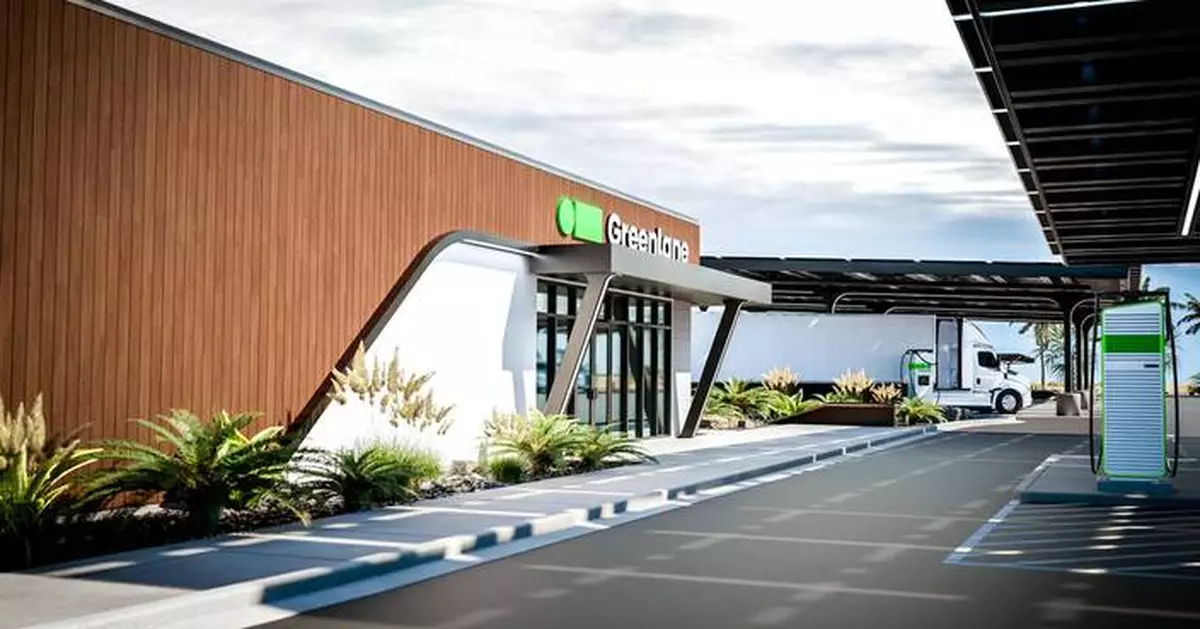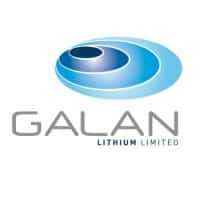Swedish battery manufacturer Northvolt has filed for Chapter 11 bankruptcy protection in the United States, a strategic move aimed at reorganizing its business operations while addressing financial challenges. The company underscores that its activities in Germany, Canada, and other locations remain unaffected by this filing.
Chapter 11 bankruptcy, often termed “reorganization bankruptcy,” allows companies to retain control of their assets and continue operations while developing a plan to repay creditors. Throughout this process, Northvolt intends to honor customer contracts, fulfill vendor obligations, and pay employee wages.
“The Chapter 11 filings will help Northvolt implement decisions from its strategic review to rescope the business and prioritize commitments to customers,” the company stated in a press release. Northvolt anticipates completing the restructuring process by the first quarter of 2025.
Peter Carlsson steps aside as CEO of Northvolt
Alongside the filing, founder Peter Carlsson has stepped down as CEO but will continue as a member of the Board of Directors and a Senior Advisor. “This marks a significant new phase for Northvolt and for me personally,” Carlsson commented. “The Chapter 11 filing allows the company to be reorganized, making it an appropriate time for me to hand over to the next generation of leaders.”
Interim Chairman Tom Johnstone acknowledged Carlsson’s vision and commitment, noting that the search for a new CEO is underway. In the interim, Chief Financial Officer Pia Aaltonen-Forsell and Cells President Matthias Arleth, now serving as Chief Operations Officer, will lead the company’s management team with support from Chief Restructuring Officer Scott Millar.
Financial Restructuring Plans
Northvolt plans to leverage the restructuring process to raise approximately $245 million in new capital. This includes around $145 million in cash collateral and a $100 million commitment from an existing customer in the form of debtor-in-possession (DIP) financing—a specialized funding option for companies undergoing Chapter 11 restructuring.
Despite being a Swedish company, Northvolt is utilizing its international presence to file for Chapter 11 proceedings in the U.S., citing the unavailability of similar restructuring options elsewhere. “The U.S. Chapter 11 procedure enables companies to maintain operations during restructuring,” the company explained. “It also provides access to special forms of financing, such as DIP financing, which are not available in the same form in other countries.”
Impact on Industrial Operations
Northvolt has faced financial and production challenges in recent months, leading to an increasingly strained situation. Delivery delays prompted BMW to cancel a substantial order, intensifying financial pressures associated with scaling up production. The company responded by initiating a strategic review, announcing cost-cutting measures, and reorganizing its management team.
Industry observers have expressed concerns about Northvolt’s stability, with reports suggesting that Scania, part of the Traton Group, is seeking alternative battery suppliers for its electric trucks.
Operations Outside the U.S. Remain Unaffected
The company emphasizes that its facilities outside the United States are not impacted by the bankruptcy proceedings. Subsidiaries Northvolt Germany and Northvolt North America, which are separately financed, will continue their activities as planned. The battery plant in Skellefteå and Northvolt Labs in Västerås, Sweden, operated by the parent company, will also remain operational.
“Despite near-term challenges, this action to strengthen our capital structure will allow us to capture the continued market demand for vehicle electrification,” stated Tom Johnstone. “Throughout this process, we will focus on meeting our commitments to our stakeholders, including our employees, customers, suppliers, and the governments of the countries in which we operate. As a reorganized entity, we aim to establish a resilient base of operations and a competitive platform for innovation and long-term growth that will advance our work to build a more sustainable society.”
















